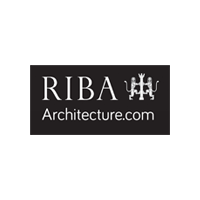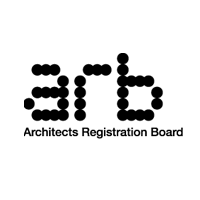You should have a bachelor’s honours degree, typically a high 2:1 or above with clear evidence of excellence in design studio.
To apply for this course, you must have an undergraduate degree in architecture validated for ARB/RIBA Part 1 or equivalent.
When applying, you'll need to provide a sample of work, around 30 sides A3, demonstrating a strong aptitude for architectural design. You should submit your sample via the online system; it should be no more than 50 MB. The focus of the work should be your final projects with an edited sample of earlier work and a maximum of one quarter on placement work. The sample should in equal measure demonstrate:
- the conceptual and analytic basis of your principal project
- the overall layout and appearance of the proposal in both plan and three dimensions
- evidence of its materiality and detailed design
You'll also need to provide a statement (500 word maximum) on the application. This should explain why you have chosen Bath, what your particular architectural interests are and what skills and interests you hope to develop in the course at Bath. You must also provide a reference from your University and from your place of employment.
Our course is prescribed at Part 2 by ARB and validated at Part 2 by RIBA. For entrants without a degree prescribed at Part 1 by ARB you'll need to pass the ARB’s Prescribed Part 1 examination before you can enrol on our Master of Architecture course.
The process for confirming Part 1 equivalence of overseas qualifications is undertaken by the Architects Registration Board (ARB), the independent statutory regulator of architects in the UK, and also the UKs Competent Authority for Architects. To call yourself an ‘architect’ in the UK you must be registered with the ARB. To register in the UK, you typically need to hold the following:
- An ARB prescribed UK qualification at Part 1 (or equivalent)
- An ARB prescribed UK qualification at Part 2 (or equivalent)
- An ARB prescribed UK qualification at Part 3, including 24 months practical training experience
If your first degree broadly covers the same subjects as a UK Part 1 qualification, you can usually obtain equivalence to the UK Part 1 by putting yourself forward as eligible to take the ARB’s Prescribed Examination.
Visit the ARB's website for more information on the ARB's Prescribed Examinations, requirements for registration and to check whether your qualifications are recognised by ARB.
Work experience
The Department usually asks applicants to have 9 months (or more) work experience in architectural practice post graduation before enrolling on the MArch programme.
If your first language is not English, you may be exempt from our English language requirements if you completed your degree in the UK within the last 2 years.


